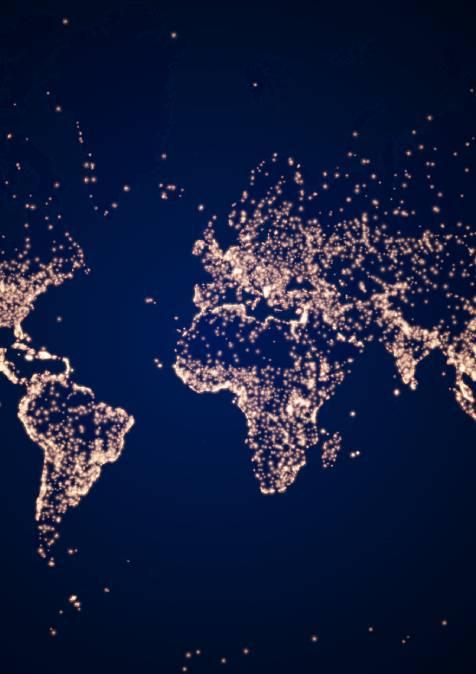Publications /
Opinion
This blog was originally published on Center for Global Development (CGD)
To better respond to today’s global crises, the MDBs must transform themselves. The MDB Reform Accelerator is mobilizing the evidence-based analysis and strategic outreach needed to ensure MDB reform delivers real results for development, climate, and other global challenges.
The world has changed since the creation of the International Monetary Fund and the World Bank—the world’s first international financial institutions—over 75 years ago. The shared challenges facing humanity have only grown more pressing and existential. From pandemics to climate change to financial distress and the looming public debt breakdown, the world is entering an era of polycrises, characterized by a multiplicity of shocks, to which countries of the Global South are most exposed. At the same time, these countries face tremendous development challenges. Some are on the path to achieving milestones by implementing appropriate safety nets and adopting frontier technologies that allow them to leapfrog over the development process. Others risk falling further behind.
Closing the income gap between countries will require that each makes the right policy choices, but it will also require more funding dedicated to building resilience, preventing shocks, and mitigating the impact of recurrent crises. The latest World Investment Report suggests that achieving the Sustainable Development Goals will require closing a $4 trillion funding gap. For decades, the network of multilateral development banks (MDBs) and international financial institutions more broadly played a key role in working towards achieving these objectives, through concessional finance, project finance, and close country monitoring. The World Bank and the other MDBs have been key players in reducing extreme poverty and promoting shared prosperity.
But as recent events show, the financial firepower and mission of the MDBs now need updating. Successive shocks have left the MDBs unable to properly balance the risks threatening the global economy and the specific needs of developing countries. Many around the world are calling to reform these institutions to also address threats like climate change and pandemics. Thanks to their know-how and extensive experience, the MDBs are increasingly recognized as the most promising instrument both to mobilize needed additional financial flows for these global challenges—which have the potential to set back development progress—and to fight poverty and support development in emerging markets and developing countries.
While there is general agreement about the need to reconsider the financial model and missions of the MDBs, the tools and reform agendas among the different institution are very diverse. It is crucial that this reform process includes the voices and perspectives of a broad range of experts, policymakers, and other stakeholders, and it should focus on making MDBs more useful for their clients. The perspectives of recipient countries who borrow from the MDBs should be at the heart of these debates.
The time for reform is now
Political momentum is strong and there are many key opportunities in the coming year to define the reform agenda, including the upcoming Spring Meetings of the World Bank and the IMF, the installment of a new World Bank president in June, the Paris Summit for a New Global Financial Pact in June, the G20 Leaders’ Summit in September, the Annual Meetings of the World Bank and IMF in October, and COP28 at the end of the year. These milestones offer the opportunity to catalyze substantial reforms to create a stronger, well-functioning, and relevant MDB system.
From our standpoint, as think tanks focused on international development or from the Global South, we hope to seize this momentum to contribute to that effort and share our views on what should be expected from this reform.
To that end, the Center for Global Development (CGD), the Policy Center for the New South (PCNS), and the Reinventing Bretton Woods Committee (RBWC) will host a conference to bring together perspectives of the Global South in the MDB reform agenda in Rabat, Morocco on September 11-12, just ahead of the Annual Meetings. The conference will gather academics, think tank experts, and policymakers to put forward reform ideas and amplify borrowing country perspectives on the MDB reform agenda. The main conclusions of this conference will feed into the debates—and hopefully, the actions taken—at the official gathering of finance ministers and central bank governors a month later.
In the run-up to this conference, CGD and PCNS alongside the Centro Brasileiro de Relações Internacionais (CEBRI), the Center for Social and Economic Progress (CSEP), the African Center for Economic Transformation (ACET), and the Shanghai Institute for International Studies (SIIS) have come together to launch the MDB Reform Accelerator. Our objective is to bring together a wide network of researchers from think tanks across emerging markets, low-income countries, and advanced economies to analyze MDB reform. Under the auspices of the Accelerator, we share research and analysis on what is needed for the MDBs to modernize and deliver results for global challenges like climate change while also staying true to their development mandate.








